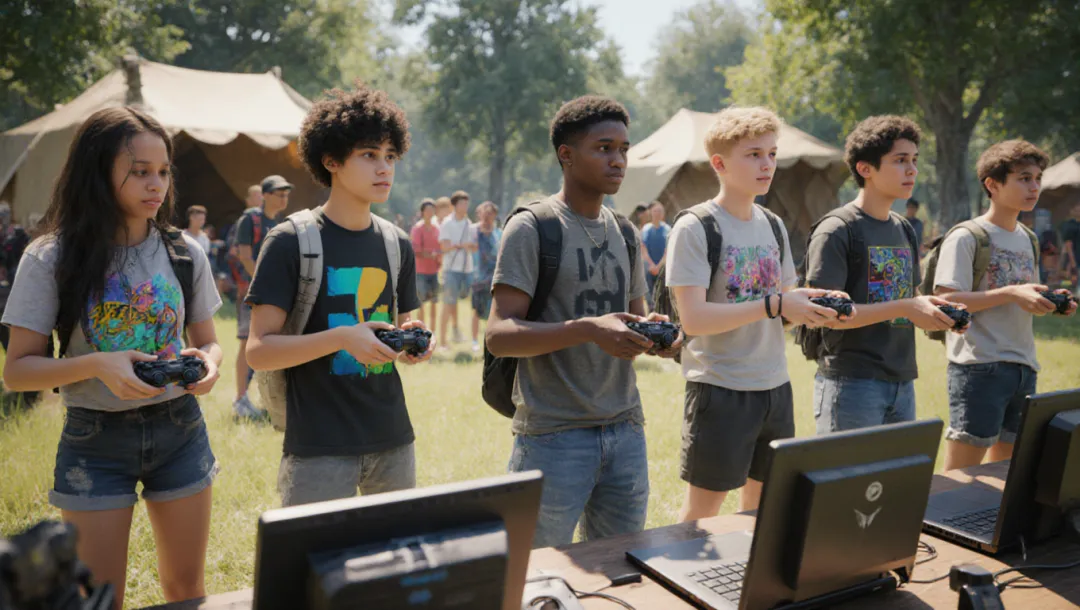Esports Boosts Cognitive Skills, UWL Study Finds

LONDON – A recent study conducted by the University of West London (UWL) has revealed that competitive esports gaming contributes to measurable cognitive gains among players. This research arrives at a pivotal moment as the esports industry continues its rapid expansion, projected to surge from $649 million to over $2 billion in the coming years, according to Fortune Business Insights.
The UWL study focused on analyzing cognitive functions such as problem-solving, attention, and strategic thinking in participants engaged in organized, competitive video gaming. Results demonstrated significant enhancements in these areas, suggesting that esports may offer more than entertainment, potentially serving as a valuable tool for cognitive development.
Dr. Emily Harrison, lead researcher at UWL, emphasized the importance of these findings: “Our research challenges traditional perceptions of gaming by illustrating its potential to sharpen mental faculties. As esports becomes increasingly mainstream, understanding its impact on cognitive health is crucial.”
This study aligns with the broader trend of esports evolving from a niche pastime to a global phenomenon, complete with professional leagues and international tournaments attracting millions of fans worldwide. Industry experts highlight that such cognitive benefits could influence educational strategies and workforce training in the future.
As the esports market continues to grow exponentially, the implications of this research underscore the need for further investigation into how competitive gaming can be harnessed for positive cognitive outcomes, potentially reshaping how society views digital gaming.



